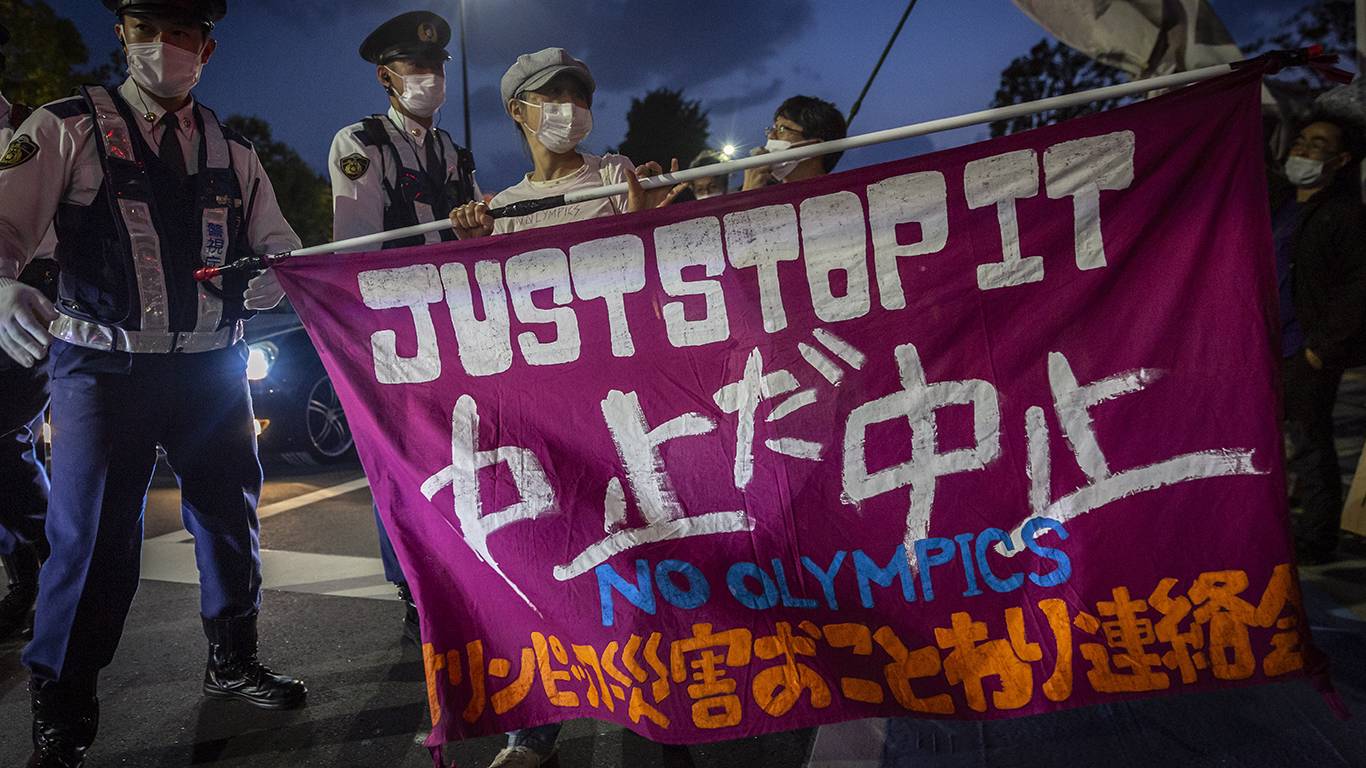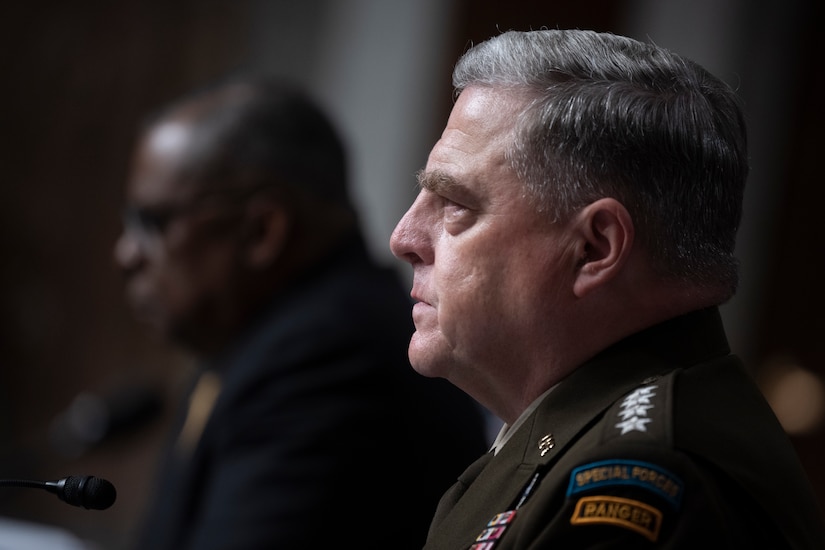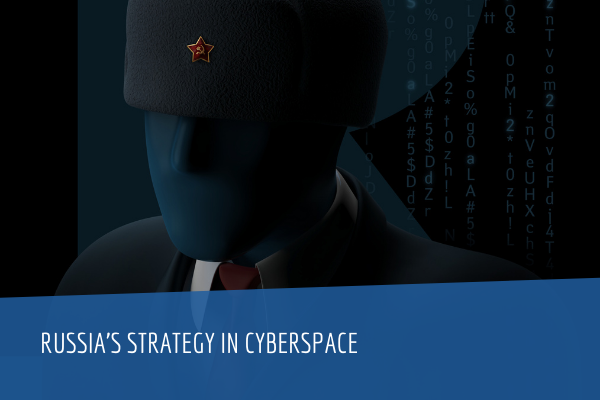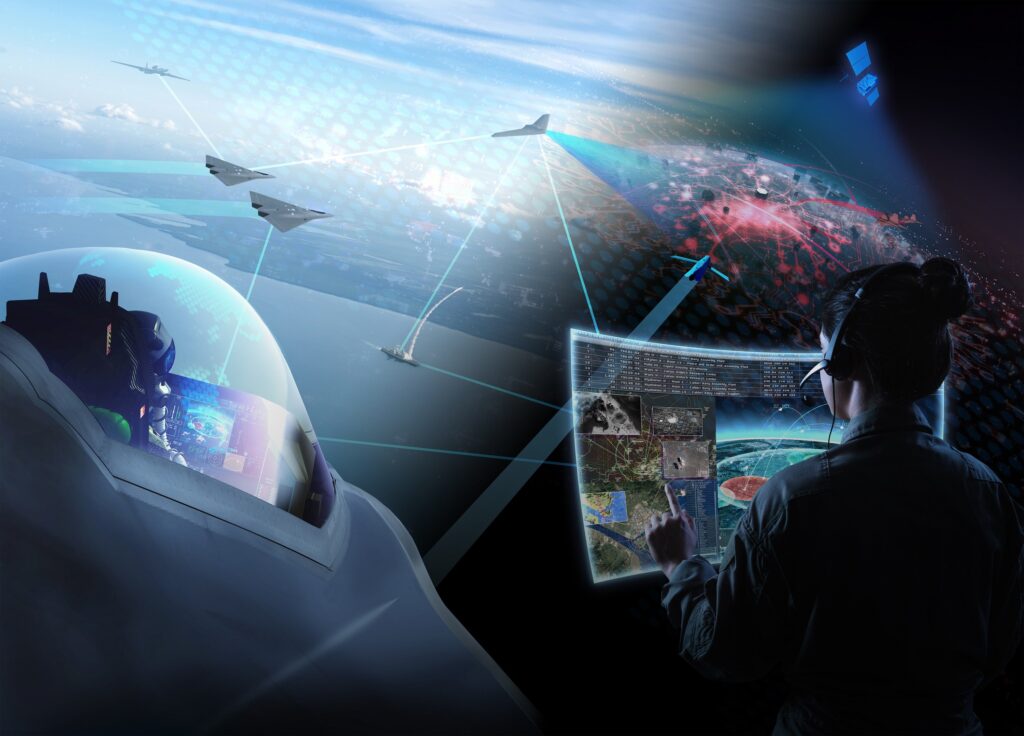Maj Gen P K Mallick, VSM (Retd)
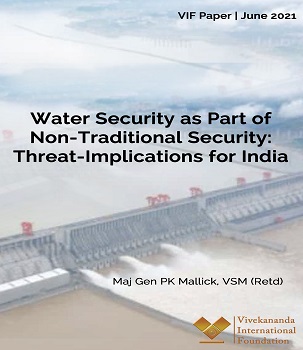
Like oil or data, water is an integral part of the world’s economy. Although about 71 per cent of the earth’s surface is water-covered, the oceans hold about 96.5 percent of all Earth’s water which is salt water. Freshwater, most of it is frozen in glaciers, accounts for the rest. That leaves less than 1 per cent of the world’s water available to support human and ecological processes. We withdraw 4.3 trillion cubic meters of freshwater every year from the earth’s water basins. We use it in agriculture, which accounts for 70 per cent of the withdrawals. Industry and households consume 19 per cent and 11 per cent, respectively. However, these percentages fluctuate widely across the globe. In the United States, industrial and agricultural usage is almost the same around 40 per cent. In India, agriculture uses 90 per cent of water withdrawals, while only 2 per cent is consumed by industry. Over the past century, rate of withdrawal of available freshwater resources have risen almost six times, outpacing global population growth.

